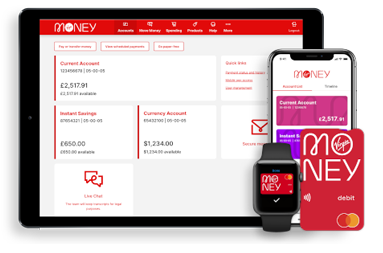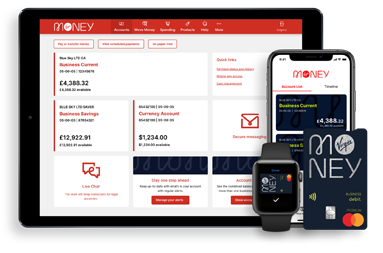How to buy a competitor
< back to all business news articles
26/06/2017
It’s not every day that you think about buying your competitor, but it might be worth considering – especially if expansion is on your mind and you’ve got extra cash to re-invest. Purchasing an established competitor enables you to grow your business overnight while eliminating a rival that was eating into your market share.

What to look for
Not all competitors are worth your time. Even the successful-looking competitor could have some significant flaws under the surface, including bad debts, staff problems, or bad systems and processes. Consider the following:
- Do they have large contracts that will keep their business profitable in the immediate future? For example, an IT firm might have a large government contract that provides a significant chunk of their revenue.
- Does it come with some valuable assets that you can leverage to grow your operation? For example, a transport and logistics company might be able to pick up another five trucks and a warehouse by buying a competitor.
- Staff can be a competitor’s biggest asset, so it’s up to you to retain the cream of the crop. When buying another business you don’t usually need to take on all their staff – but some of them might be worth keeping around.
- Often they’ll have some protected IP. Some business owners will look to retain their own unique IP when they hand their business over to the next owner. If this is the case, you’ll need to be ready to adjust your offer accordingly. If your competitor doesn’t have any protected IP, it’s a smart idea to document their IP as both a tangible and intangible asset.
What are the steps to take
- Talk to a business broker – try to find someone with experience in your particular industry. They’ll have a greater knowledge of how best to proceed, especially if the competitor agrees to sell.
- Show interest – find a way to let your competitor know that you’re interested in buying their business, without actually saying who you are. This is where the business broker comes in – they can let the competitor know someone is interested in buying their business, and gauge if they’re keen to sell it.
- Keep it quiet – it’s not wise to make your purchase intentions known publicly too early on. It can be stressful for the employees of your business and your competitors. Once the deal is ready to be put into motion, it’s important to get confidentiality agreements signed.
While buying a new business is exciting and will provide many growth opportunities, don’t get so distracted that you neglect your primary business. A good way around this is to appoint a key employee to manage your existing business while you focus on the purchase. It’s also important to navigate the process with the advice and guidance of your accountant, lawyer and any business advisors.
Keep your ear to the ground for purchase opportunities in your industry. Talk to colleagues who are in businesses similar to yours to find out if a competitor is thinking of selling, so that you don’t miss out on what can be a great growth opportunity.
Advice and resources
- Buy Your Competitor – this article has some great tips on how to approach a competitor about buyout.
This blog is not financial advice. The content of the blog is reliable at the time of publishing, but we can’t guarantee it is entirely free from error or omission beyond our knowledge. Links are provided for you to explore, but we have no connection with third party sites or responsibility for their content.
POSTED IN: Growth,2017
SHARE
Related Articles
You can find impartial information and guidance on money matters on the “MoneyHelper” website.
Clydesdale Bank is covered by the Financial Services Compensation Scheme (FSCS), Find out more.


